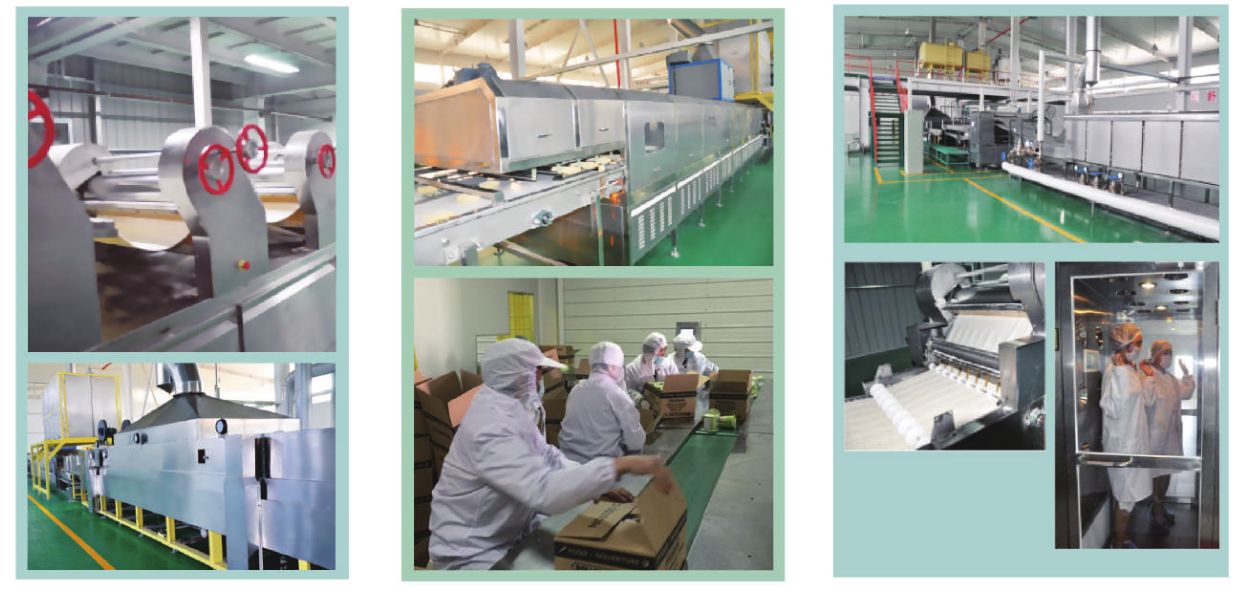Ramen is a beloved Japanese dish that is popular around the world. The key ingredient in this delicious dish is noodles. These noodles are the heart and soul of every bowl of ramen, and their quality and texture play a vital role in defining the overall experience. Therefore, it is crucial to understand the importance of noodles and the role ramen manufacturers play in ensuring their superior quality.

Ramen is typically made from four basic ingredients: wheat flour, water, salt, and alkaline mineral water called amsui. The combination of these ingredients creates a unique texture and flavor that sets ramen apart from other types of noodles. The ramen-making process is an art in itself, requiring precision and expertise to achieve the perfect balance of chewy, firm and elastic.
In the production of ramen noodles, the role of ramen manufacturers is crucial. These manufacturers are committed to producing quality noodles that meet standards of authenticity and taste. They carefully select the finest wheat flour and use traditional techniques to create noodles that are both delicious and authentic. The consistency and texture of the noodles reflect the manufacturer’s expertise, which is crucial to delivering a superior ramen experience.


Ramen manufacturers also play a crucial role in determining the type of noodles used for ramen. There are many types of ramen, each with its own unique characteristics. For example, thin noodles and straight noodles commonly used in soy sauce ramen. These noodles are delicate and absorb the flavor of the broth, creating a harmonious balance of flavor and texture.
Tonkotsu ramen, on the other hand, usually uses wavy and thicker noodles. These noodles have a chewier texture and are designed to complement the rich, creamy broth, creating a satisfying and indulgent experience. Noodle selection is a crucial decision for ramen makers as it directly affects the overall dining experience and the authenticity of the dish.
In recent years, the food industry has seen a growing demand for healthier and more diverse options, and ramen is no exception. As a result, ramen makers have been exploring alternative ingredients and techniques to cater to a wider audience. This includes using whole wheat flour, gluten-free options, and even incorporating unique flavors and colors into the noodles.

Additionally, the manufacturing process itself continues to evolve to meet the needs of modern consumers. Advanced machinery and technology allow manufacturers to streamline production while maintaining the traditional quality of ramen noodles. This balance between tradition and innovation is a testament to ramen makers’ dedication to maintaining the authenticity of this beloved dish while adapting to the changing culinary landscape.

Overall, the noodles used in ramen are the fundamental element that defines the dish and enhances the dining experience. The role of ramen makers in making these noodles is integral as it is their responsibility to uphold the tradition, quality and innovation that make ramen a timeless favorite. Through their expertise and dedication, ramen makers continue to play a vital role in shaping the future of this iconic dish, ensuring every bowl of ramen is a true gourmet treat.
Post time: Mar-18-2024
